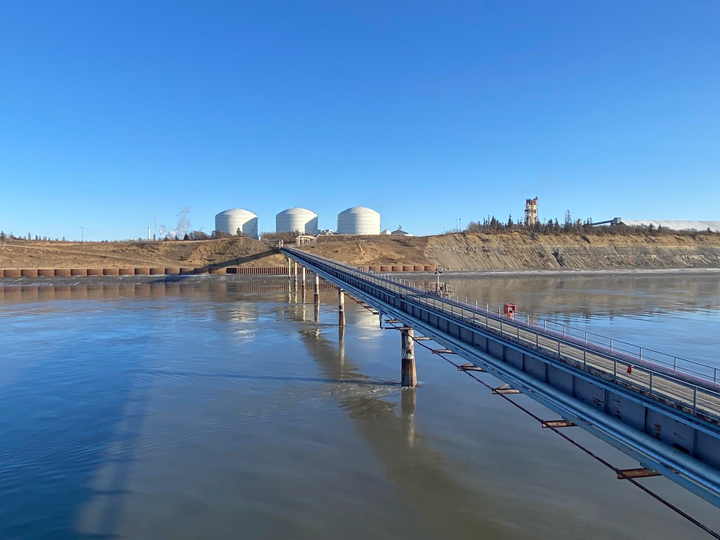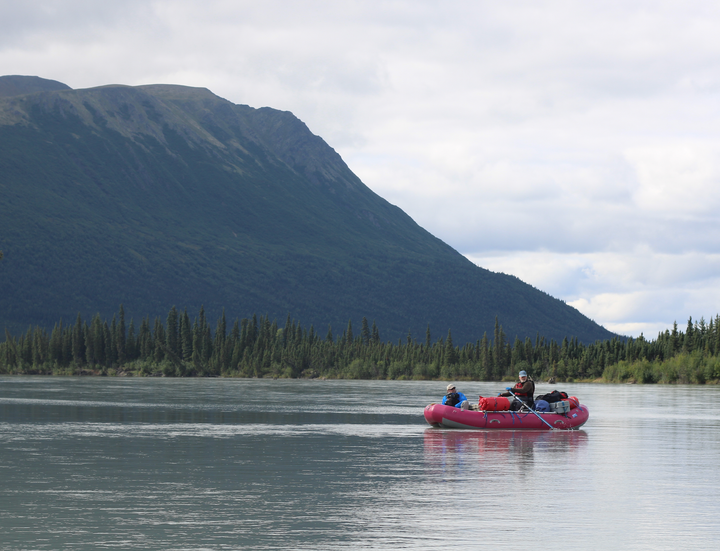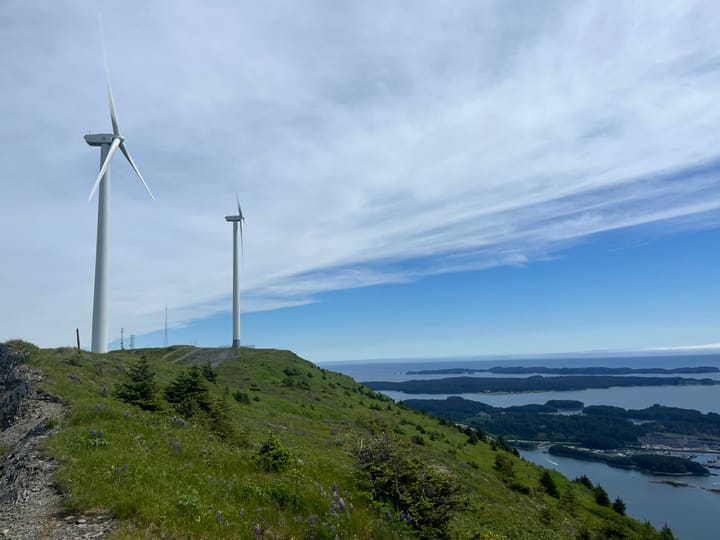Amid gas crunch, Alaska could revoke leases from a company whose drilling has stalled
The Dunleavy administration is threatening to strip Texas-based BlueCrest Energy of oil and gas leases near Anchorage, saying it’s failed to advance development that could delay urban Alaska's impending gas shortage.
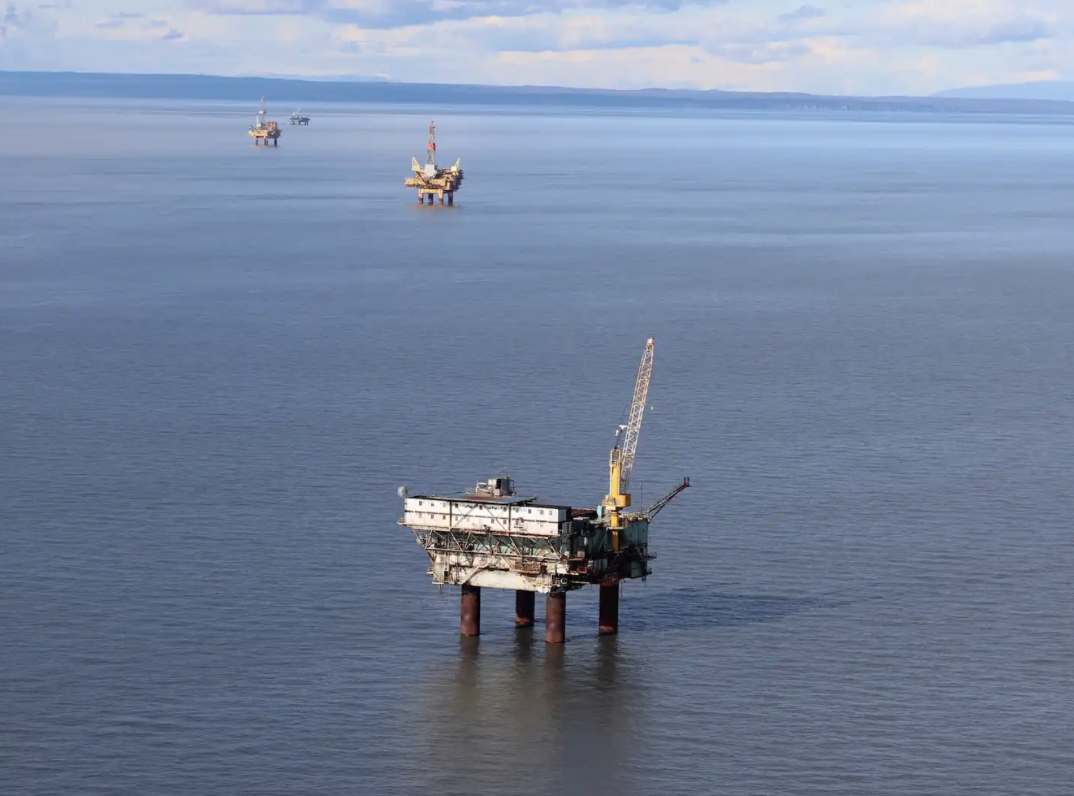
Gov. Mike Dunleavy’s administration is threatening to strip a company of oil and gas leases in Cook Inlet outside Anchorage, saying it’s sitting on deposits that could delay an impending shortage of gas needed for heating and power generation in urban Alaska.
The Alaska Department of Natural Resources recently placed in "default" the Cosmopolitan Unit, a block leased by Texas-based BlueCrest Energy, saying it hasn’t met commitments to drill.
The company has held leases at Cosmopolitan for more than a decade. It conducted initial drilling several years ago but has not drilled any new wells since 2019, according to state records.
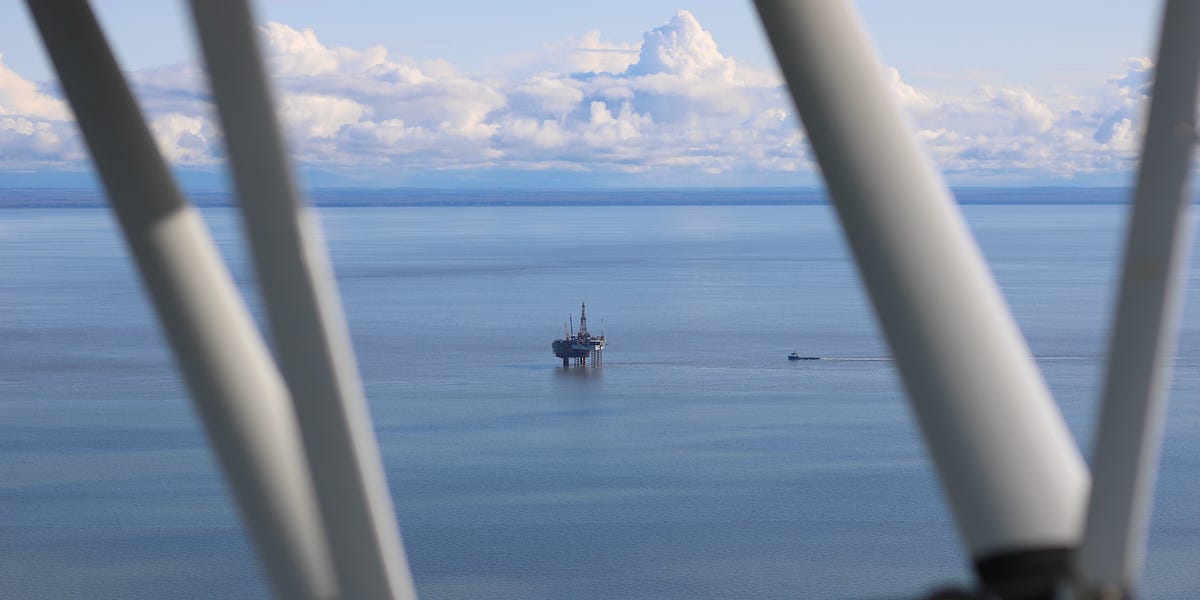
Company executives say that BlueCrest experienced a cash crunch when, amid a budget crisis beginning in 2014, the state of Alaska chose not to pay tax credits to oil firms that had spent money on drilling. BlueCrest has also had to ask Alaska’s economic development agency to approve delays in paying back a $30 million state loan.
The state’s new notice to BlueCrest, signed in May by Commissioner John Boyle, gives the company until Aug. 21 to show proof that it's secured investment to drill a $55 million new oil well, as well as to advance development of a new offshore platform that would target natural gas.
That platform could cost $350 million or more, according to BlueCrest officials.
“We want to see aggressive, defined momentum towards putting our resources into active production,” Boyle said in an interview Thursday. “We need to see some drilling. We need to see some action.”
BlueCrest is negotiating with multiple companies about potential investment, Benjy Johnson, its chief executive, said in a phone interview.
“We’re hopeful that we’ll get it done," he said. "I think we will."
Johnson said he understands the state’s perspective, but added that defaulting BlueCrest’s leases is “not the solution to the problem.”
“The solution to the problem is helping us get funding to drill these wells, and to get the gas development going,” he said.
BlueCrest is one of the smaller companies active in the Cook Inlet basin, where the vast majority of the gas is produced by a large independent oil business, Hilcorp.
Hilcorp has warned urban Alaska’s heating and electric utilities that they shouldn’t expect Hilcorp to renew their gas supply contracts when they expire in the coming years.
In response, those utilities are advancing plans to import liquefied natural gas — but they also say that new local gas production could delay the need for imports. The supply crunch is serious enough that utilities and regulators have recently been discussing contingency plans for rolling blackouts.
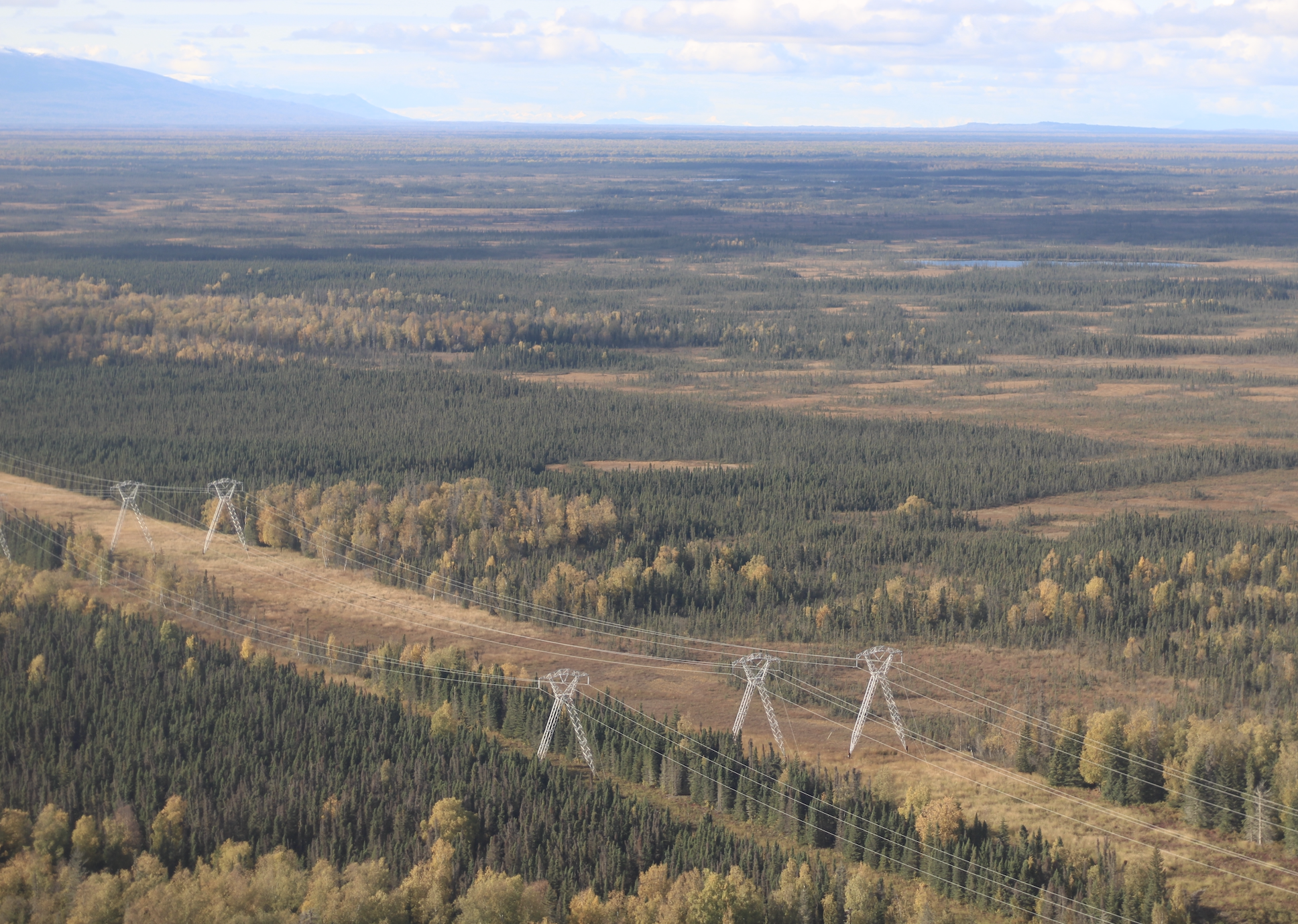
BlueCrest says its leases contain large “proved reserves” of gas — an industry term meaning that a deposit’s flow has been tested and that an engineering firm has validated it can be produced with 90% probability or higher.
But building an offshore platform to access the gas would cost some $350 million.
One of the other small companies operating in Cook Inlet, HEX, has moved ahead with gas drilling in each of the past two years — with help from a decision by Dunleavy’s administration to reduce the royalty payments due from HEX to the state.
Boyle, the natural resources commissioner, described the royalty reduction as a "carrot."
“But there’s also the potential for sticks, if we don’t see active movement on developing the rest of (HEX’s) leased acreage,” Boyle said. “And the same for BlueCrest and anyone else that we don’t feel is fulfilling their obligations.”
The state has a range of options if BlueCrest doesn't advance its drilling program, Boyle said. In his notice to the company, he wrote that his agency could shrink BlueCrest's Cosmopolitan Unit, or "terminate" it.
If the state takes back some of BlueCrest's leased acreage, Boyle said, there are "definitely companies and entities that are willing to put money there to bring that gas to market."
BlueCrest could also decide to sell its leases to another company, or find a business partner that could help advance development, according to Boyle.
BlueCrest and Hilcorp previously discussed a partnership to develop the Cosmopolitan Unit’s gas, Northern Journal reported in 2023. But the discussions broke down because the two companies couldn’t agree on how to divide potential costs and profits.
Northern Journal's runs on reader support — voluntary paid memberships make up the majority of our revenue. Join if you can; if you already are a member, thank you.



